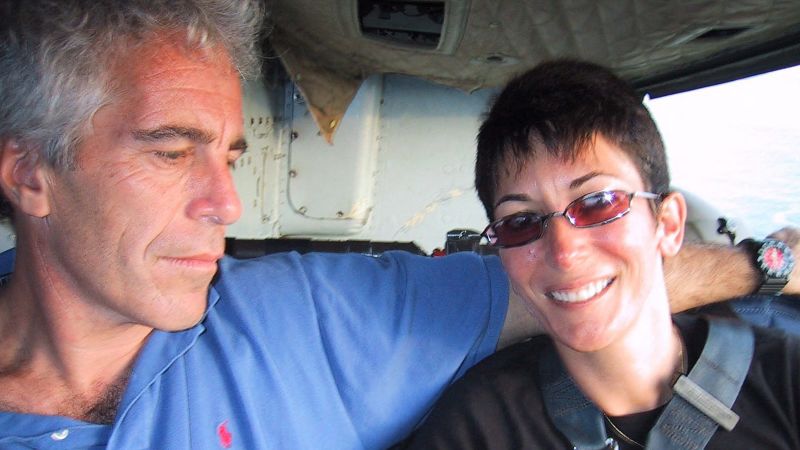In a significant ruling, a federal judge has firmly rejected a request from the Trump administration to unseal grand jury materials related to the high-profile Ghislaine Maxwell sex trafficking case. The decision underscores the ongoing complications surrounding the allegations involving high-profile individuals linked to Jeffrey Epstein, including various political figures. The Justice Department had aimed to release these grand jury testimonies and exhibits in a bid to shed more light on the cases connected to Epstein’s activities in New York.
The Honorable Judge Paul Engelmayer presented a critical perspective of the proposal, declaring in his opinion that the move to unseal the materials was not in the interest of the public or historical significance. Engelmayer’s ruling emphasized the flawed rationale behind the Department of Justice’s (DOJ) request, asserting that the prosecution’s premise for seeking the unsealing of the grand jury materials was categorically false. His judgment came as a strong assertion that the disclosure would not yield any substantial new information concerning the crimes committed by Epstein and Maxwell, nor regarding the government’s investigations into the matter.
Engelmayer’s opinion elaborated on the fact that much of what the DOJ sought to unseal had already been presented to the public during Maxwell’s trial in 2021. Specifically, he noted that the materials included standard testimony from law enforcement officials that included information already known to the public due to the evidence presented during the trial. He stated, “It consists of garden-variety summary testimony by two law enforcement agents. The information it contains is already almost entirely a matter of longstanding public record.” Engelmayer highlighted not only the sufficiency of the previous exposés but also the DOJ’s apparent unfamiliarity with key details from the earlier legal proceedings.
A significant aspect of the ruling was the judge’s detailed exploration of the evidence presented during Maxwell’s trial, emphasizing the extensive nature of the materials already available to the public. He pointedly remarked that the government had overlooked many vital details that were previously testified to, indicating a possible lack of diligence on its part. Engelmayer underscored that any reasonable member of the public would quickly realize the grand jury materials do not actually contribute any additional knowledge about the case.
Moreover, the sentiments of several anonymous victims were spotlighted in the ruling when discussing the potential unsealing of the grand jury records. Although many of these victims did not oppose the release of the materials, they expressed a need for significant redactions to preserve their identities. Their letters revealed feelings of being caught in a complicated web of political maneuvering and a concerning lack of respect for their hardships by the administration. Engelmayer pointed out that the only reason victims remained somewhat open to the unsealing of the documents was due to a misunderstanding about the nature of the content within the materials, which they believed would unveil new insights.
On Friday, the Justice Department had petitioned the court for a delay in ruling on the sealing of grand jury materials until mid-August, suggesting that they were in the process of notifying victims about how their names appeared in the transcripts and exhibits. This request was positioned against a backdrop of escalating pressure from President Trump’s supporters, Democratic constituents, and the broader public who were urging for the release of documents linked to Epstein. Notably, Attorney General Pam Bondi had previously informed Trump that his name was mentioned multiple times within these same files.
Lastly, Judge Richard Berman, who is managing the requests concerning the grand jury transcripts in Epstein’s case, has yet to deliver a ruling on the motion. This ongoing legal battle continues to unfold as the Justice Department and the courts navigate through the complexities and sensitivities surrounding the cases involving Epstein and Maxwell. The controversy underlines the intricate dynamics at play, bringing attention to the need for transparency while also protecting the privacy and dignity of victims involved in such serious allegations. The matter remains fluid, with CNN and other media outlets closely monitoring developments.











